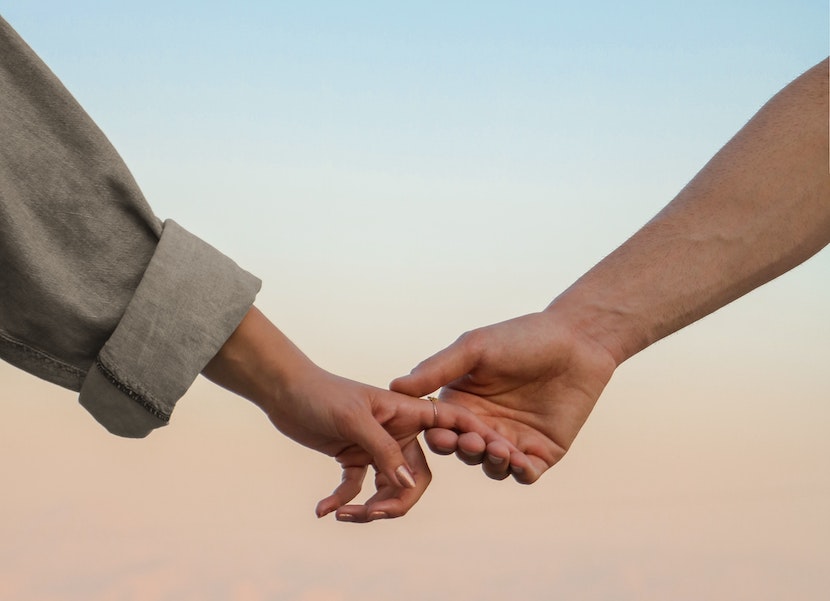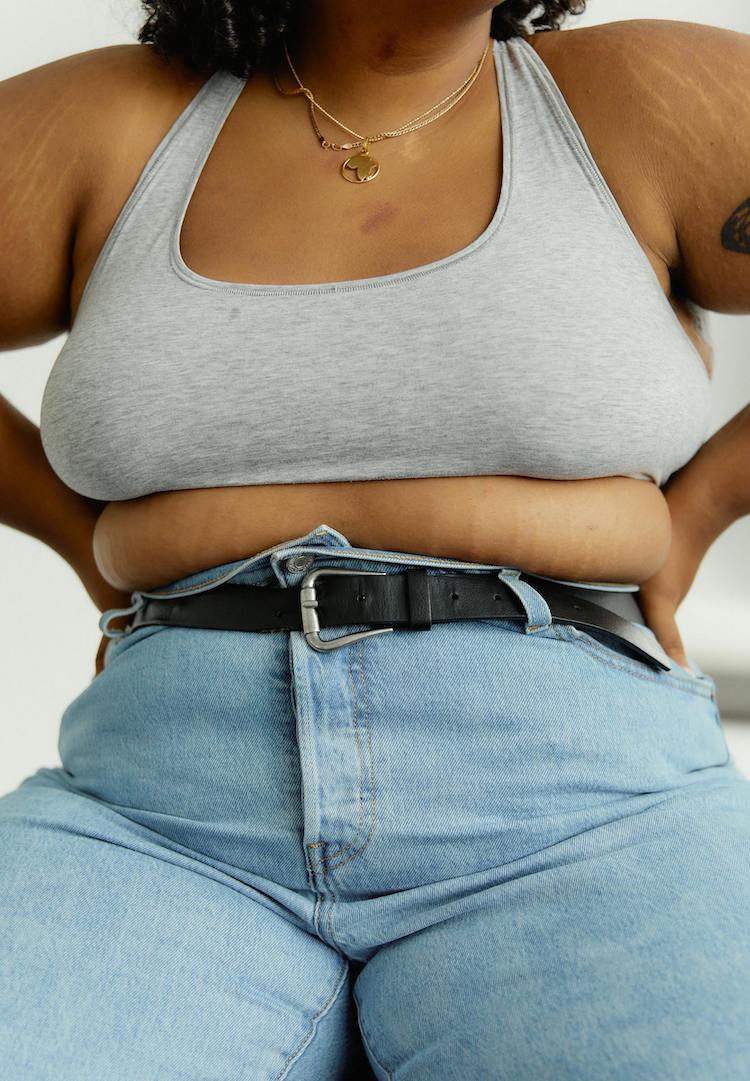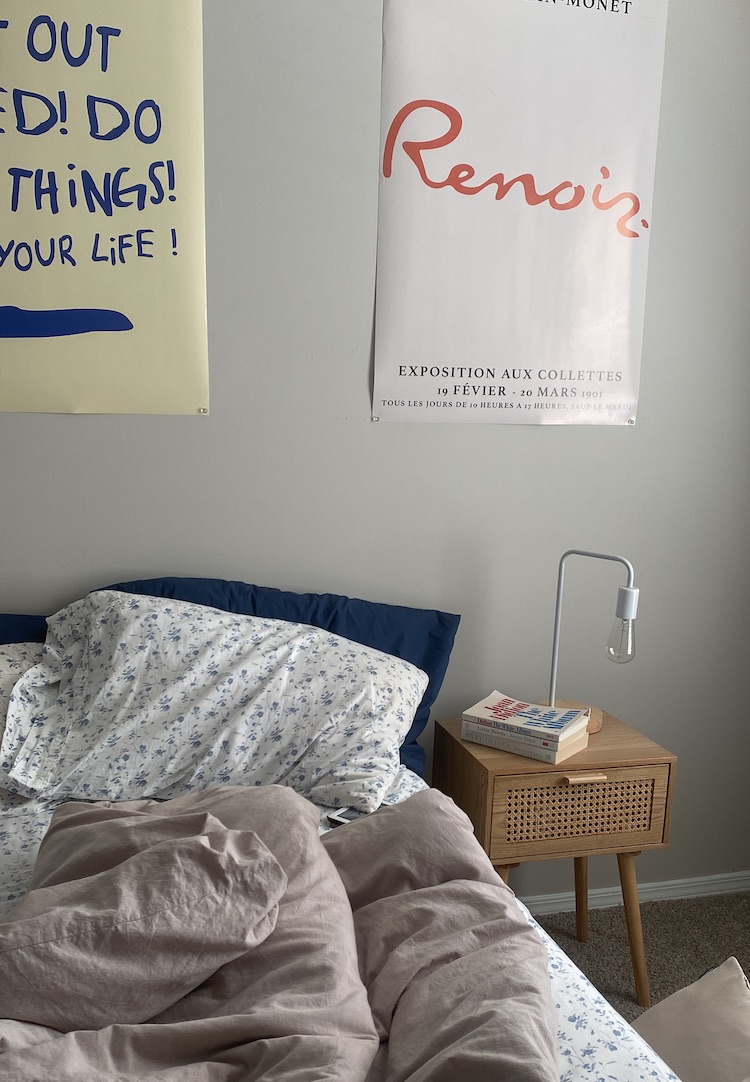Are you in a lull or is your relationship over?
Words by Evangeline Polymeneas
End game or game over?
Most of us have heard of the infamous ‘spark’ – the electric feeling you sense when you meet somebody that could be a proper contender for the coveted soulmate title. That spark radiates throughout your relationship and makes it unlike any other. But what happens if your spark becomes your spud? Is there room for electrical failures in relationships?
Relationships, as the singer Dean Lewis once said, it comes and goes in waves. Unfortunately, it isn’t always smooth sailing once you get in one either. Even a healthy relationship won’t be incredible all of the time, but what happens if you catch yourself in low tide? Is it just a lull or is your relationship over? To get a better idea, I spoke to couples therapist, Mukti Jarvis.
Looking for more thought-provoking reads? Try our Life section.
“A relational lull is natural and okay now and then. You’ll know if it’s happening more than you can handle because you’ll feel unstable and insecure. Let your own emotional feedback inform you. If it ramps up between the two of you, it can become a cycle of disconnection. The hallmarks are arguing or withdrawing our attention, giving priority to other matters in order to turn away from our partner or avoiding the fact you’ve got a problem,” she tells me.
Just a lull or something more?
If the lulls are accompanied by unusual pressures or tensions, but mostly you feel highs in your relationship, those low points aren’t usually any cause for concern.
But if these moments become increasingly prevalent and you’re finding yourself stuck in those lows, the relationship can start to feel draining. “If your relationship feels like a rollercoaster, or a spiral downwards and not very stable or safe emotionally, if you don’t address this, it can lead to the end of the relationship. This kind of pattern of lows indicates the bond between you needs attention,” Mukti explains.
Lulls and low points can look different in each relationship, depending on your dynamic. “A lull might be more what is experienced if you both tend to pull away or avoid conflict, so things just get quieter and more distant, [and] not so connected or intimate,” Mukti tells me.
“It’s the same disconnecting thing as the louder rollercoaster relationship. Both reflect the emotional pattern you unconsciously create when you’re not feeling good about things. Likely this pattern was a go-to for you before you met [your partner] and is the one that you use in other parts of [you] life with important people.
“Every relationship can have lulls or highs and lows. It’s important to know what to do when these occur. You need to know how to reach for each other without blame or criticism so you can reconnect and bring the relationship out of those lulls – otherwise, they can build up and erode the relationship.”
Moving on up
So, how do you ensure that you ‘pick up’ your relationship when it’s fallen? “Share the responsibility for keeping your relationship clear of unresolved issues,” Mukti suggests. “If you’re feeling a lull, turn towards your partner, ask them for some time to hang out and chat in a blame-free way about what would feed your relationship.
“Don’t hound your partner with criticism and don’t avoid your partner – whatever it is won’t be solved through blame and won’t just go away. Your relationship relies upon you both tending to it.”
If you’re feeling comfortable in your relationship but your partner is feeling a bit down, Mukti suggests reaching out to them, listening and seeking to understand how they’re feeling. Work with them to make their experience in the relationship the best it can be.
And if you’re the one who’s feeling low, reflect and search for the reason why. What are you feeling and what are you wanting more of? What can you do about it? “Go to [your partner], without blaming or criticising them, and reach them gently from a place of openness and vulnerability to re-engage with them,” Mukti says.
Time to move on
While you can always work on your relationship, is there a point where it’s beyond repair? When should you place a ‘do not resuscitate’ order on your relationship? To determine this, Mukti tells me what makes a relationship strong. She quotes Dr Sue Johnson, who says there are three main things that form a healthy bond: attention, responsiveness and engagement.
“Where are each of you directing your attention?” Mukti questions. “If you’re avoiding each other and spending time doing lots of things with others or on your own, then pause and take a look. Notice what you’re feeling and maybe you can rediscover each other.
“Are you responsive to each other or has this fallen away? Do you answer and tend to what is important to each other? Buy those little treats and make those thoughtful gestures toward each other? If that’s dropped away, are you both willing to address this? Are you engaged in each other’s lives, interests, special friends and family? Do you care and share what’s happening in each other’s days?”.
It’s important to ask yourself these questions. Can you fight for this or are you over it? “Sometimes there’s a kind of emotional snap that can feel like a relationship has gone too far into a painful place to be able to re-engage,” Mukti tells me. “If one or both of you won’t go to therapy, it’s going to be hard to have any change, so that could be a sign that the end is nigh.
“It takes a lot of courage, empathy, support, honesty, responsibility for your part and letting go of what you can’t control to come to terms with the end of a relationship,” says Mukti. And while it’s heartbreaking to realise that what you’ve been fighting for won’t work out, the lessons you learned and the memories you created during the relationship are something you will always hold onto.
While relationships can be like rollercoasters, it only has to be over when someone wants to get off the ride. As always, be honest with yourself, know your worth and prioritise your happiness.
For more guidance on relationships, head here.










